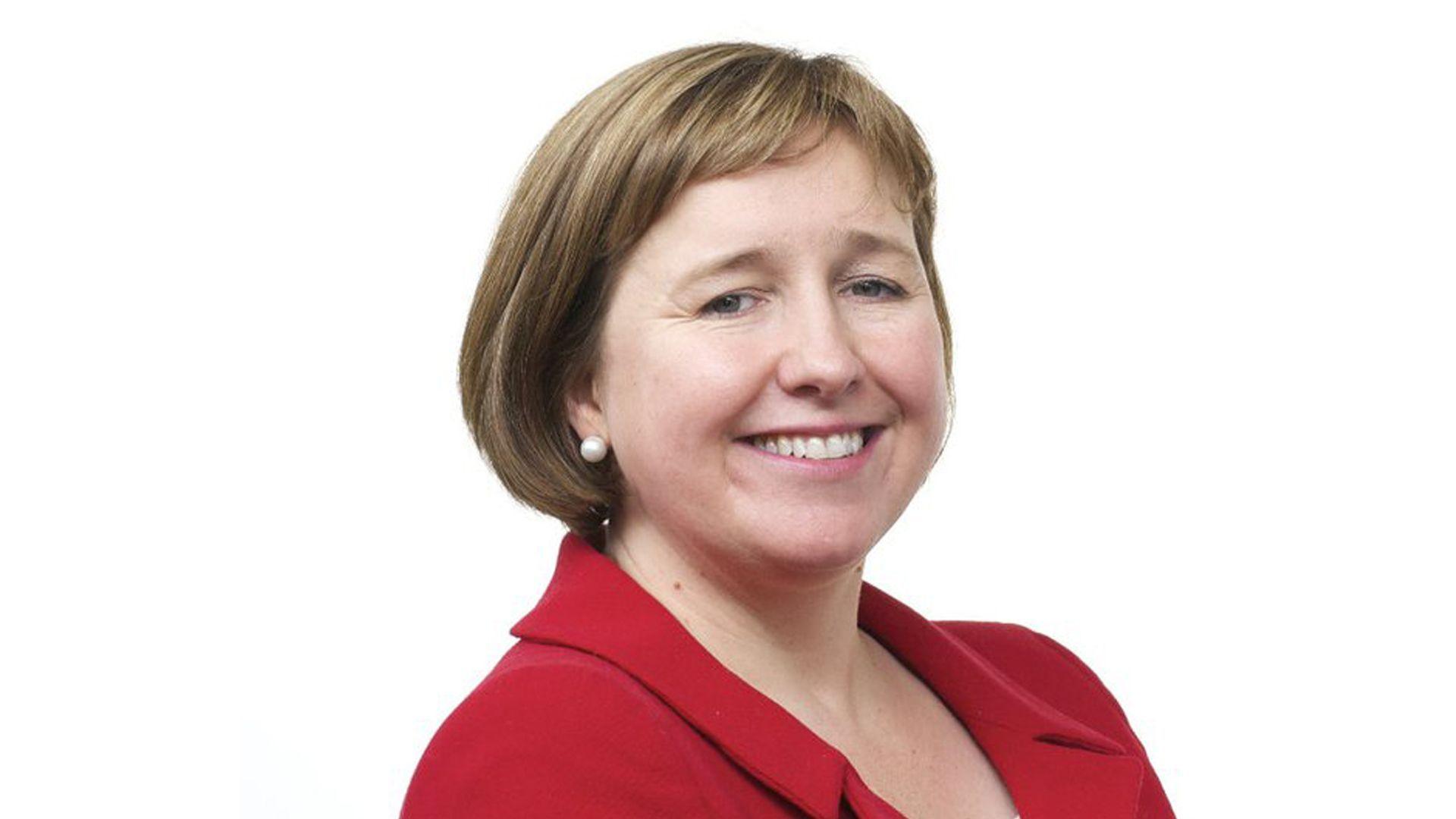Should schools just say no to pupils using phones?

Mobiles in classrooms are coming under more scrutiny as smartphone ownership has ballooned among children
- Published
"I wouldn’t say it’s a good thing for a child never to have a smartphone. I think it’s part of a balanced life. You’ve got to live in your own time."
These are not the words you might expect to hear from a teacher at a school that has never in its history allowed pupils under sixth form age to use a mobile phone on the premises.
But Sarah Owen, deputy head at Stanwell School in Penarth, Vale of Glamorgan, was simply expressing a personal opinion, rather than the school's view about a young person’s wider life.
It is clear that she and the school have very firm opinions on what is best for children while they are on school grounds.
For Stanwell pupils in Years 7 to 11, that has always meant no phones. Not in lessons, not in the corridor, not at breaktimes.
It is such a long-established rule that it presumably comes as no surprise to pupils and parents when they join the school, which is starting to seem as if it may have been ahead of a growing curve.
In the past few years, a number of schools across Wales and further afield have introduced total bans on mobiles.
While Stanwell only asks pupils to keep phones switched off in their bags, others requires the devices to be handed in at the start of the day.

Sarah Owen has been at Stanwell School for 25 years and says there has always been a no phones policy in place
Llanidloes High School in Powys is one which has implemented this policy in the past few years and Ysgol Penrhyn Dewi in St Davids, Pembrokeshire, followed suit at the start of this year.
For Sarah, it is a question not of trying to impinge on their students’ freedom but giving them vital time away from mobile life, for welfare as well as educational reasons.
Mobiles are menace to the young, 109-year-old says
- Published18 March 2024
Secondary school heads urge delay in smartphone use
- Published7 June 2024
Does banning mobile phones stop friction in the classroom?
- Published29 May 2024
"We genuinely believe this is in their best interests," she said.
"Phone addiction and screen addiction and scrolling, the loss of concentration, the loss of soft skills around listening and interacting with others, that’s something we need to be concerned about as a society generally.
"We want children to be interacting with each other, having conversations, playing football, having those connections and interactions with other people."
Sarah also believes it gives pupils relief from the possibility of being "photographed, filmed, mocked in some way - that’s not a nice way for children to live".
She said she wanted her pupils to have "some sanctuary" from the anxiety of feeling
"so scrutinised and looked at".
In February, the UK government introduced new guidance, external – rather than rules - for schools in England, encouraging all to prohibit the use of mobiles at any time during the school day.
In May the Education Select Committee said an incoming government should consider proposals to ban smartphones for under 16s.
One parent who is keeping a watching brief on developments is Nicola Jones, from Penarth.
Her son is seven and not quite out of Year 2 at Evenlode Primary – whose pupils usually go on to Stanwell – but she is already looking for ways to delay phone use.
She came across the Smartphone Free Childhood, external group – ironically, as she wryly notes herself – on Instagram.
The main aim of the community is to defer the intrusion of phones into children’s lives and "give power back to parents and to kickstart the change society needs".
The group’s website says parents are in an impossible situation where either their children risk being alienated from their peers if they are the only one without a phone, or they are given a device that "opens the door to porn, bullying, grooming and the anxiety machine that is social media".

The Smartphone Free Childhood movement wants to give children time to play with friends in the real world
Nicola and another parent set up a WhatsApp group at the school under an overarching Wales Smartphone Free Childhood group.
Within 48 hours, 98 parents had joined.
The aim is to spread awareness rather than take action at the moment, but school’s head teacher is on board and is publicising it through official school channels as well as looking at running parent and pupil workshops on the topic in the new school year.
Nicola said: "The view really was to get people talking about this now rather than in two years’ time. In our school they seem to start having phones in Year 5.
"So it’s to stay ahead of the game really and keep an eye on where this movement is going."
As a web designer, she is "not a Luddite" and her son uses a computer and a tablet at home, although she said she was lucky that he is more interested in being active than staring at a screen.
But she is well aware that as he grows, this could change.
However, she added: "I find it a bit crazy that they’ve ever been allowed them so young. I just don’t see why they need them."
She plans on monitoring the issue as her son gets older and, if attitudes shift and phones aren't the norm for children in a few years, "we might not end up with that pressure in Year 6 or 7".
That will give her the chance to do "what you think is right for your family rather than having to give in because you’re scared they’re going to be left out".
While she does worry about children seeing inappropriate content, part of it is a about how all-consuming phones can become, meaning children aren't "experiencing other things, when they’re still a carefree child that doesn’t have adult responsibilities".

Education Secretary Lynne Neagle says he curriculum aimed to help children "become discerning users" and balance screen time and social media use
Wales' Education Secretary Lynne Neagle told a plenary session in the Senedd last month that, despite almost all schools in Wales having a classroom ban on mobiles, the government believed an element of discretion was appropriate.
She said: "Where managed properly, teachers are finding innovative ways of integrating mobile technology into classroom teaching, and we would not want to see overly restrictive policies that would limit the use of creative ways of teaching."
Back at Stanwell, although the school's policy is at the restrictive end of the scale, Sarah supports the idea that children need to learn how to sensibly use phones - just outside the classroom.
"I wouldn’t advise any parent to ban them completely from a child’s life because that’s not balanced," she said.
"That’s cutting them away from lots of things that are important to children, but it’s about learning to manage it, to regulate it."